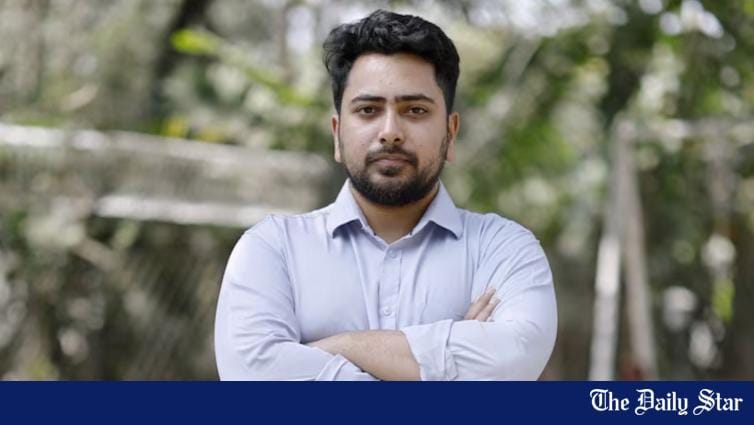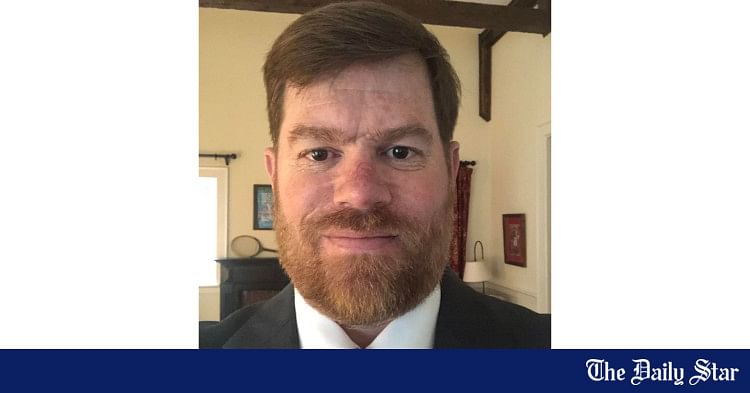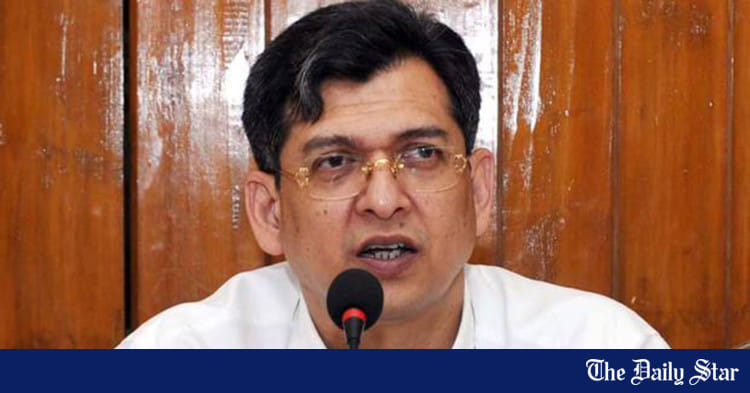Saif
Senior Member
- Joined
- Jan 24, 2024
- Messages
- 16,136
- Likes
- 8,062
- Nation

- Axis Group


Elections without reforms may lead to dictatorship again: Badiul Alam
The movement was not merely intended to topple Sheikh Hasina; rather it was for changing the dictatorial system and reforms.
Elections without reforms may lead to dictatorship again: Badiul Alam
Staff Correspondent
Dhaka
Published: 01 Mar 2025, 15: 55

Shujan holds a human chain at Manik Mia Avenue in Dhaka on 1 March, 2025.Prothom Alo
Sushashoner Jonno Nagorik (Shujan) secretary Badiul Alam Majumdar has laid emphasis on carrying out reforms prior to elections, saying that an election without proper reforms may lead to a reemergence of dictatorship.
He made the statement while addressing a human chain at Manik Mia Avenue in the capital on Saturday, organised by the civil society platform.
He clarified that the movement was not merely intended to topple Sheikh Hasina; rather it was for changing the dictatorial system and reforming its systems, processes, and institutions. “The dictatorial system had turned Sheikh Hasina into a monster.”
The Shujan secretary further explained that Sheikh Hasina did not emerge as an autocrat out of nowhere. She became it through a systematic process.
“This system needs to be reformed. For a free and fair election, the political sphere needs cleansing. Otherwise, dictatorship will emerge again. Let no ugly person enter this beautiful building of Louis Kahn.” he cautioned.
No foreign aid at Shujan
Addressing allegations that Sujan received funding from the US government to strengthen the political situation in Bangladesh, Badiul Alam dismissed the claims as baseless.
“This is completely false. Sujan is not a registered organisation and therefore cannot receive any foreign aid. It operates with assistance from various individuals," he said.
He described the information on US funding as ‘deep fake news,’ saying, “It does not have minimum substance. The dictator's allies are spreading this disinformation to create controversy.”
Staff Correspondent
Dhaka
Published: 01 Mar 2025, 15: 55
Shujan holds a human chain at Manik Mia Avenue in Dhaka on 1 March, 2025.Prothom Alo
Sushashoner Jonno Nagorik (Shujan) secretary Badiul Alam Majumdar has laid emphasis on carrying out reforms prior to elections, saying that an election without proper reforms may lead to a reemergence of dictatorship.
He made the statement while addressing a human chain at Manik Mia Avenue in the capital on Saturday, organised by the civil society platform.
He clarified that the movement was not merely intended to topple Sheikh Hasina; rather it was for changing the dictatorial system and reforming its systems, processes, and institutions. “The dictatorial system had turned Sheikh Hasina into a monster.”
The Shujan secretary further explained that Sheikh Hasina did not emerge as an autocrat out of nowhere. She became it through a systematic process.
“This system needs to be reformed. For a free and fair election, the political sphere needs cleansing. Otherwise, dictatorship will emerge again. Let no ugly person enter this beautiful building of Louis Kahn.” he cautioned.
No foreign aid at Shujan
Addressing allegations that Sujan received funding from the US government to strengthen the political situation in Bangladesh, Badiul Alam dismissed the claims as baseless.
“This is completely false. Sujan is not a registered organisation and therefore cannot receive any foreign aid. It operates with assistance from various individuals," he said.
He described the information on US funding as ‘deep fake news,’ saying, “It does not have minimum substance. The dictator's allies are spreading this disinformation to create controversy.”









































